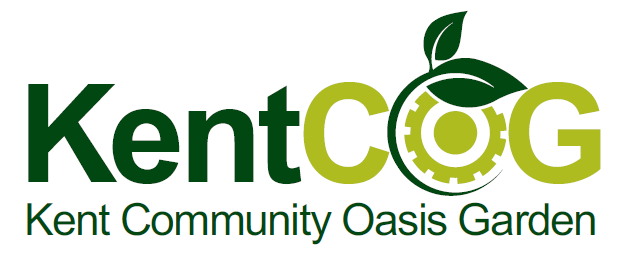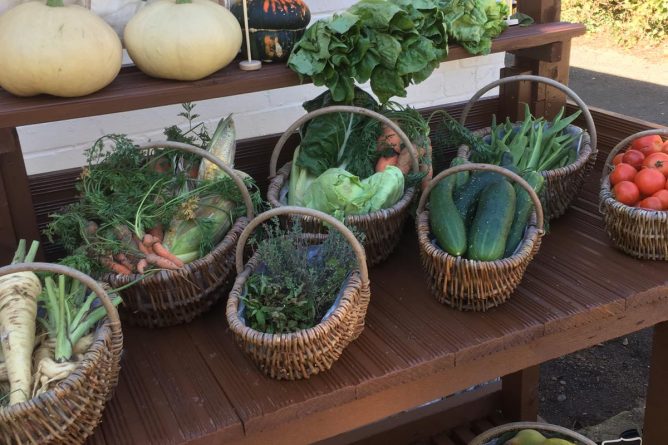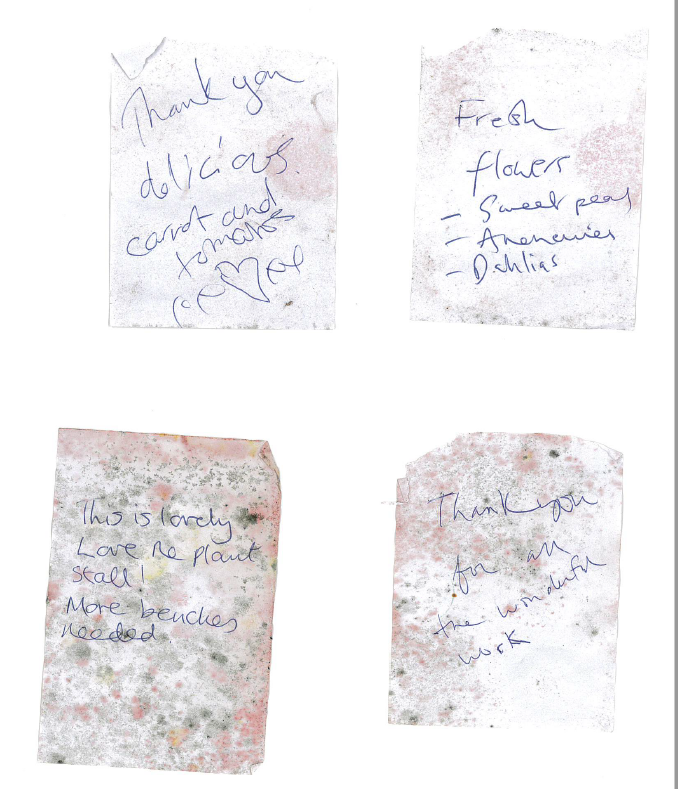I received my placement with Kent Enterprise Trust through the employability points scheme at the University of Kent. I chose to accept the placement offer over others because I was keen to gain some knowledge in environmental work after completing my degree in Biomedical Science. My job title has been Environmental Champion, which seemed perfect for the experience I was looking for.
My first two days were spent in the Kent Community Oasis Garden, where I was given the freedom to complete my own project. Inspiration for my project came from research that I had carried out beforehand and the presence of materials in which I saw potential to be recycled into something environmentally friendly – an insect house. Insect houses encourage biodiversity, certain insects that eat pests in the garden and sometimes pollinators. It therefore, seemed beneficial to create an environment where insects that may increase the yields of the garden can live and breed.
On the first day, I lead two volunteers to collect and assemble the materials needed for the base and structure of the house. It was very rewarding to take my own initiative and guide a group to begin a completely new project. There were no volunteers available to help me on my second day so I completed the rest mostly by myself. I collected rotting wood, bark, bamboo, grass cuttings, leaf litter and other organic materials from all around the garden to arrange in the four layers of the insect house. This meant that whilst I was recycling, I was also tidying the garden a little and removing unwanted items from it. As the structure required hammering nails and sawing wood, I had to learn some new DIY skills. This was also extremely rewarding, as it was the first time that I had carried out any task like this and so it was beneficial for my life-skills and knowledge. I was really happy with the final result and I think it will very likely attract the right insects to help the garden. The volunteers in the garden seemed interested in the insect house and many of them asked me questions and wanted to know about how and why I was building it. I think this is another reason why my project was useful, as it engaged the people that it will hopefully help and raised some awareness of the importance of the ecosystem in the garden.
I spent some time in the office writing up a report for my insect house project. Researching the subject and documenting my work in this way was a useful experience. My report will be used on the charity’s website and used as an example of the benefits the garden has. The fact that my project can be an example of the great work the charity do is very satisfying. The rest of my time was spent organising and packing books for a book sale during a yearly celebration. The funds raised will be used for the community garden.
Overall, my time at Kent Enterprise Trust was productive and valuable and I feel like I have really developed my DIY, leadership and teamwork abilities. I was warmly welcomed into both the garden and office environments and enjoyed discovering how a charity runs and how that affects the beneficiaries. My wish to gain some insight into work involved with the environment was also fulfilled. The experience was rewarding and I definitely feel as though I am more prepared to enter the working world.


